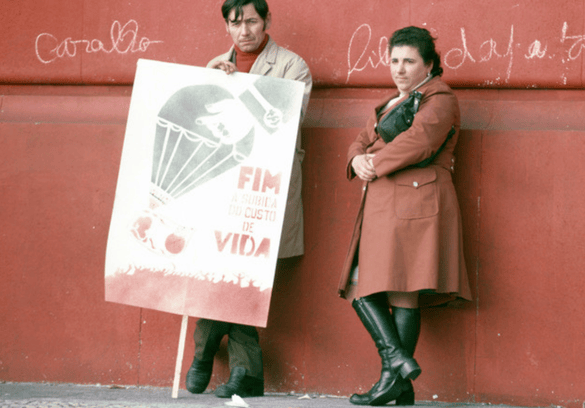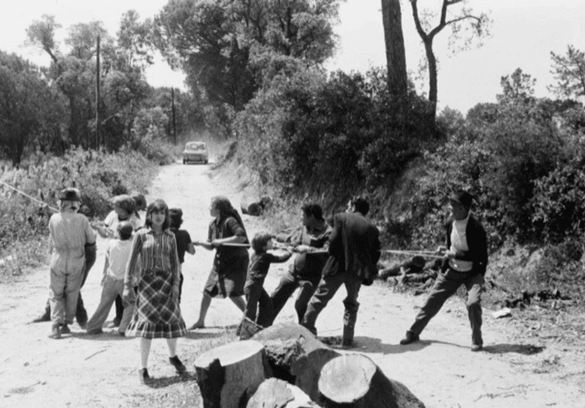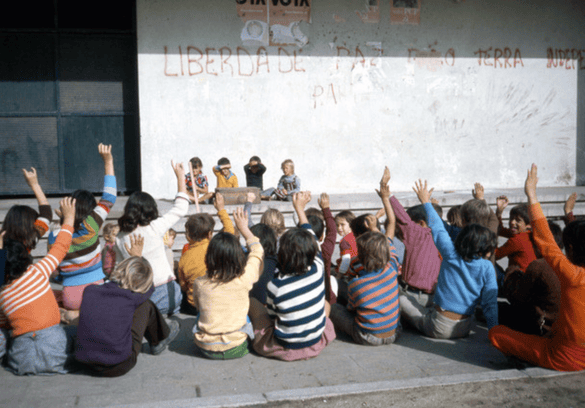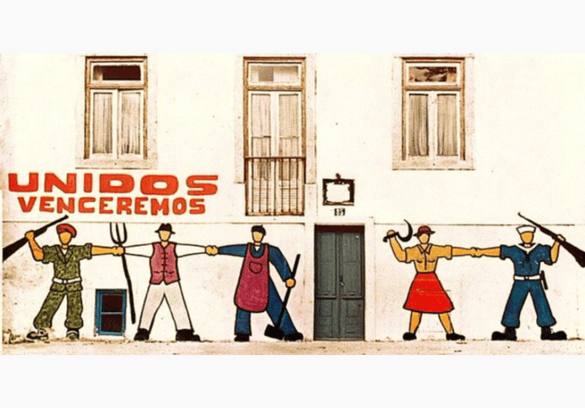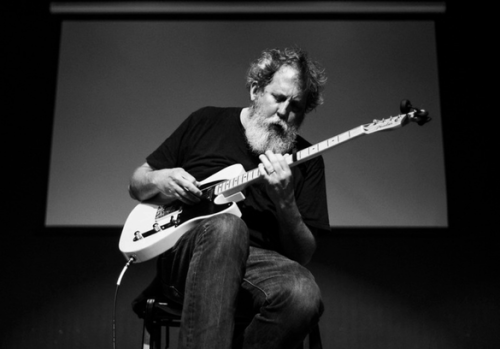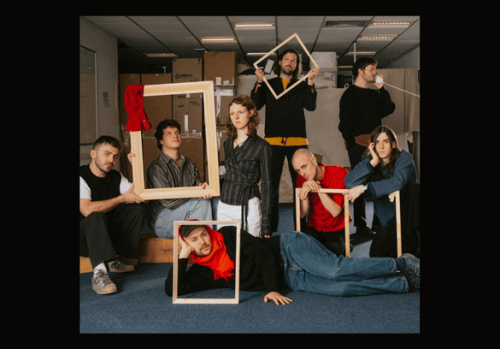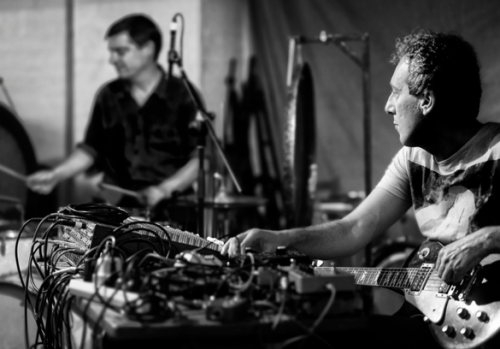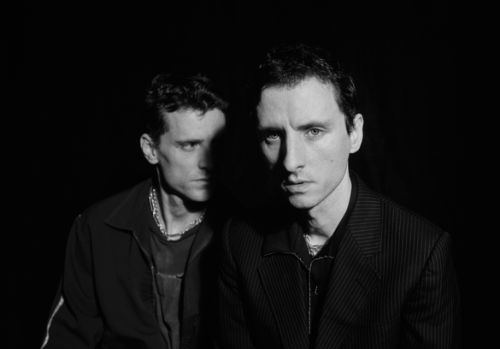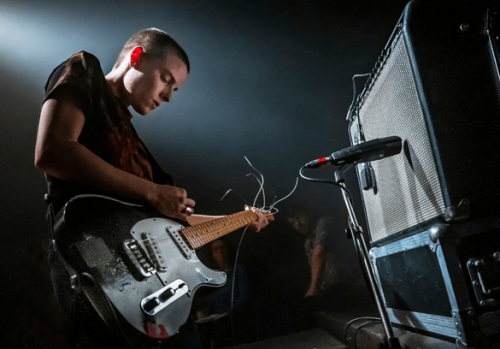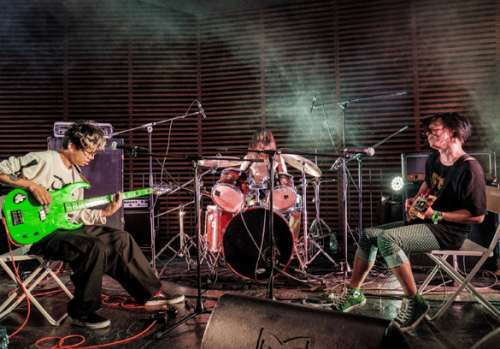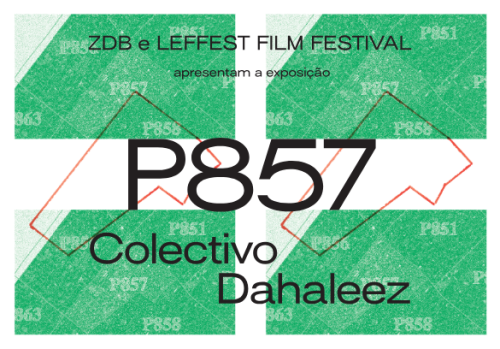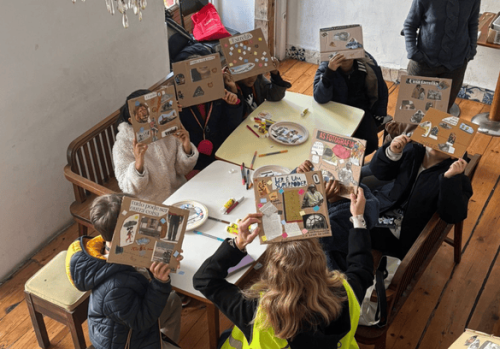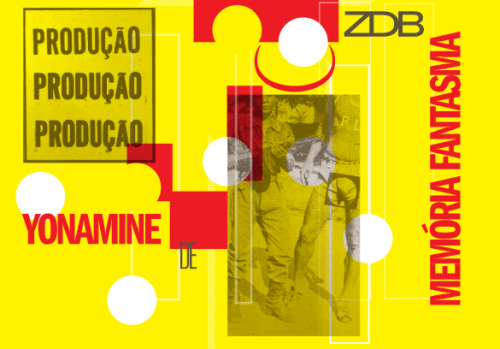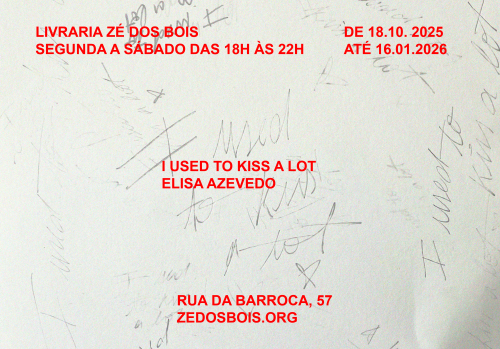“So many people, where did they come from?”
Eduarda Dionísio
We are not sure that everything has already been said and written about the revolutionary process of 1974-75 in Portugal.
A unique moment in world history, this torrent of civic action, grassroots political organization, and demands of all kinds by a population with low literacy rates, depoliticized until recently, emerging from 48 years of dictatorship, never ceases to amaze us—those of us who were born during or after, who have no direct memory of having lived through it.
We have been asking those who lived through it for at least 15 years, since we began our documentary work on the political memory of 20th-century Portugal.
And we have many stories to tell.
We also stumbled upon a collection of literary (and forgotten) works on this subject—because much of what surrounds this process is a fog of oblivion and erasure, despite the prolific artistic production of the time and the years that followed, in which the revolution and the process were protagonists.
This was the project we still wanted to do on this subject.
In the silence of 50 years of the Portuguese revolutionary process.
A show that is more poetic than documentary, more evocative than informative, and in which memory appears spread out on an operating table, ready to be dissected, but
will we succeed?
“No one invents us.”
Olga Gonçalves
Joana Craveiro




